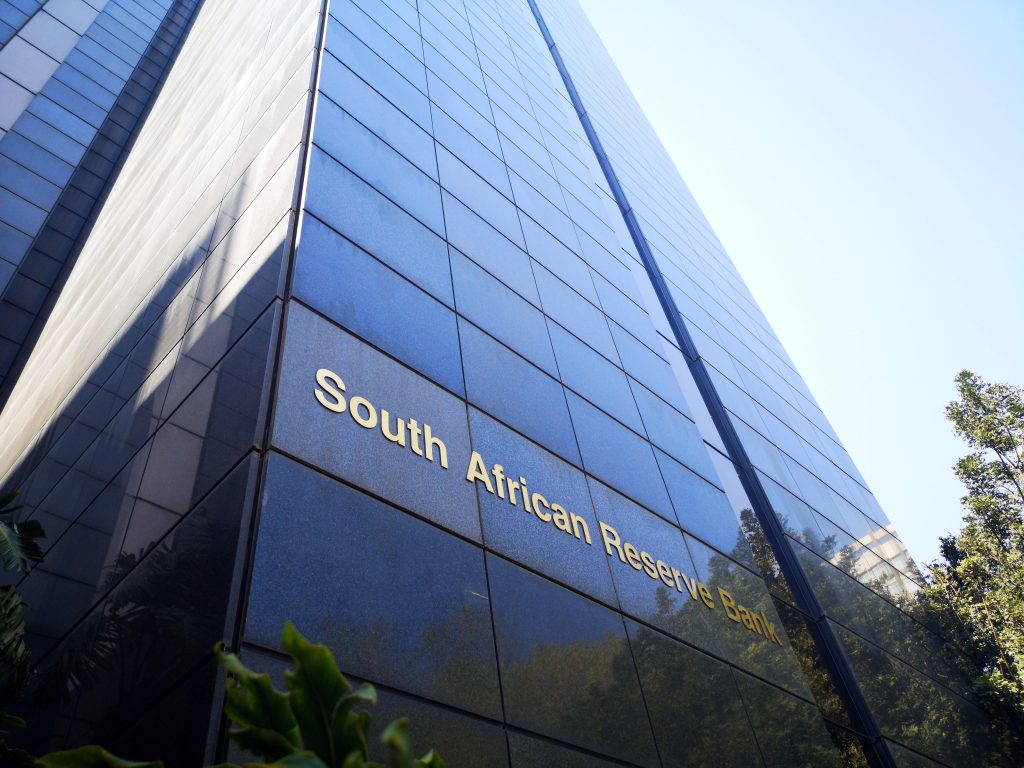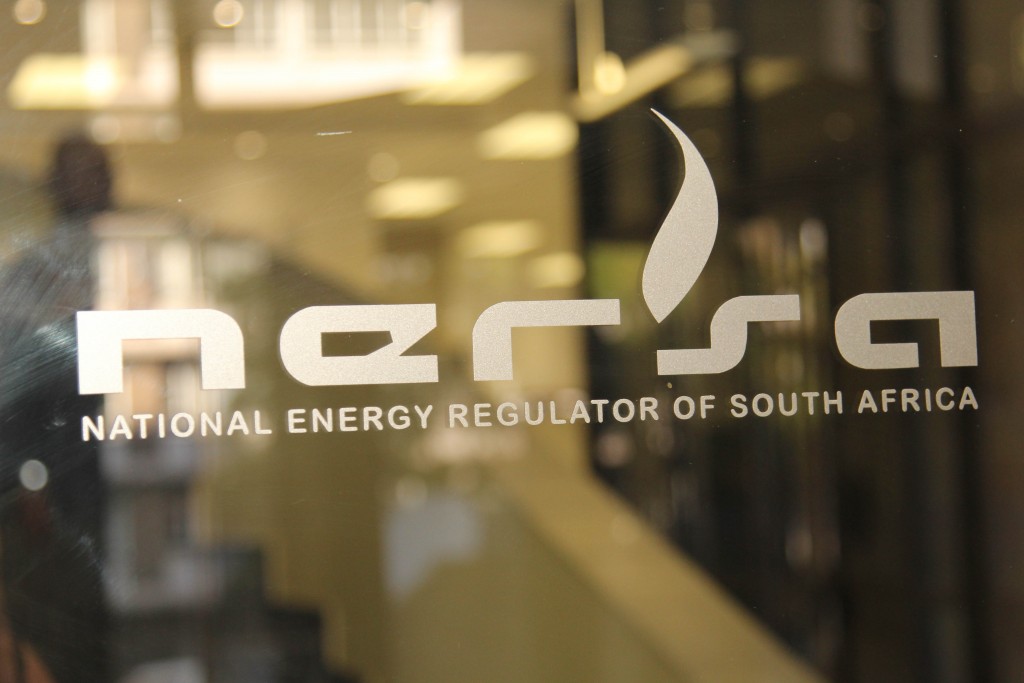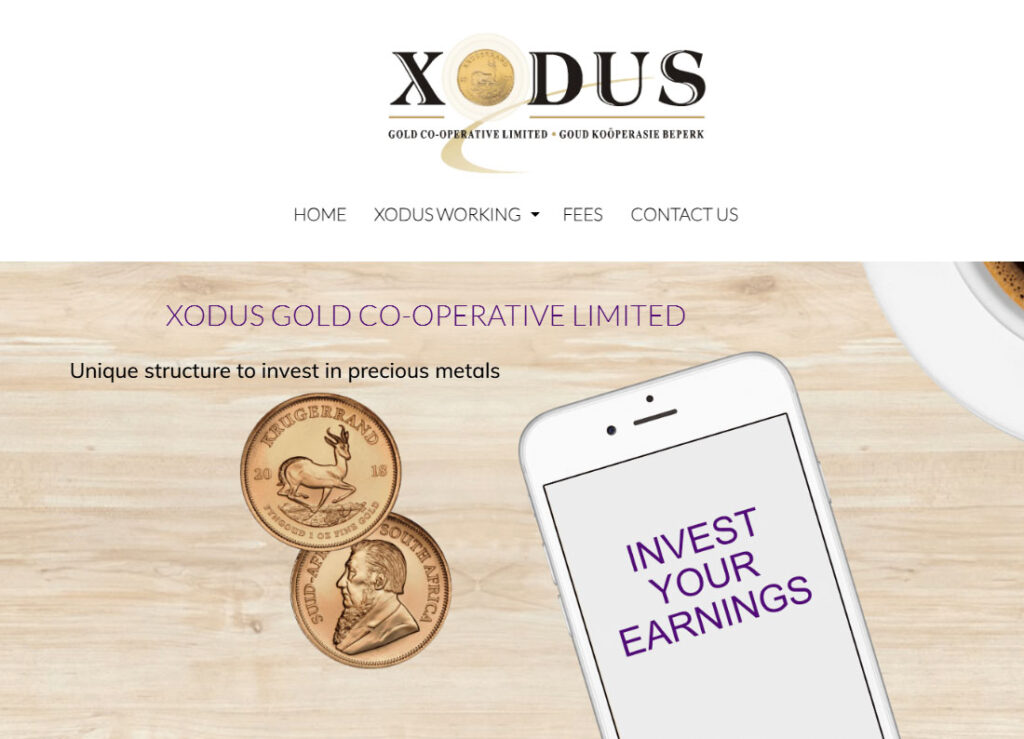You can also listen to this podcast on iono.fm here.
SIMON BROWN: I’m chatting now with Paul Mann, CEO of ASP Isotopes. Paul, good to chat again. You had your inward listing on the JSE on Wednesday with of course a primary listing on the Nasdaq.
A quick first two questions. As I understand, no capital raise. This was just the inward listing. We chatted about this back in I think about June, mid-year. It is a local share one-for-one with the Nasdaq share, so they should largely trade in sync as liquidity picks up.
PAUL MANN: Yes, that’s correct. We didn’t really need any capital right now. We have a very strong balance sheet and so we didn’t raise any money. But obviously we are in the process of merging with Renergen, and when that merger concludes we expect about 15% of our float to be on the …
SIMON BROWN: You mentioned the capital. You’ve been doing capital raises. In June it was about R50 million; in July about R60 million. Obviously in your I’m going to say quasi-startup – and we’ll go into some more details around that – you’re going to need capital at a point, and seemingly you’re finding it easy enough to raise capital as and when you require it from the market.
PAUL MANN: Look, we’re in an interesting area of the marketplace. The world is desperate or certainly countries like the United States and Europe are desperate for companies like ourselves to be sourcing critical materials for them. There’s geopolitical tensions and security of supply has never been more important. So there’s a lot of interest from investors in what we’re doing.
I think we’ve seen a lot of good response from customers as well as investors, and we’ve had two very large investors. One turned up in June and one in July that said we’d like to own a lot more of your equity than we currently do. Can we invest directly? So it was a pretty easy conversation.
SIMON BROWN: Yes, absolutely. Let’s quickly touch on the Renergen deal. It is 0.09196 ASP Isotopes shares per Renergen. What’s still outstanding there? A lot of the processes have gone through. The ideal timeline was September, end of September. Those sometimes slip. What’s still outstanding on that deal?
PAUL MANN: I think we’re still on track for that closing date. We’ve had the Competition Commission. They’ve approved it. We’ve had almost all the sign-offs now. We’re just waiting, I think, for the Excom. We hope that comes through fairly soon. And then I think we are good to go.
SIMON BROWN: Okay, we’ll keep an eye on it. Obviously final dates, etc. will come through and Sens as they are confirmed.
Turning to your broader business, we chatted. You’re working in a couple of spaces, but to your earlier point clean power, which nuclear is, is hugely important. There are also other aspects of it. There’s PET [Positron Emission Tomography], there’s medical, there’s a lot happening.
You had statements earlier in the year around commercial production of, for example, the Silicon-28 that you were working through. You had hoped to have some sales going through to the first customers in August. Has that proceeded? Have you managed to get sales and get commercial production happening?
PAUL MANN: I can’t give any financial forecasts because we haven’t really … We did state this week that we had shipped our first samples of the Silicon to a customer in the US. So we’re broadly on track.
Sometimes things slip by a day or a week or two. I think our Carbon 12 has been slipped by about ten days. We had annual environmental inspections, and having that took a few days longer than that would normally take. So, you know, the back-up money again. They probably lost ten days during August, which was tedious, but they’re going again fine now. And then I believe the turbulence is in the final throes right now. So things are good.
SIMON BROWN: I imagine you’re the pro at saying that. I was looking at that and wondering how to pronounce it. I said upfront that you’re sort of a quasi-startup if you look bigger picture. I say ‘quasi-startup’ because you’ve got technology and you’re bringing it to sort of proof of life in a sense, but you’re not in the early stages.
As you say, you’re coming to final stages, you’re shipping. You can’t give some details because of a regulatory environment, but you are sort of more maybe late-stage startup, and you have product and you have customers and some of it is going to market.
PAUL MANN: Well, as a company we’ve only been going four years from when we started the company. It’s almost four years to the day or to the month. So we’re a very young company. But you’ve got to remember we acquired technologies and scientists and some assets that were essentially going 20 years. There’s 20 years of research and development before we got our hands on these, so we’re a start-up. Quasi-startup is a good phrase, actually. We had a good head start.
SIMON BROWN: It is an important point and I want to quickly touch on the power angle. We understand the demand for power, and it is AI, it is data centres, et cetera. Renewable is certainly on the table. But nuclear has kind of been coming back.
I’m a child of the 80s and I remember the protests against nuclear power. But it is our green power and is, frankly, the green baseload renewable energy that the planet needs for the future.
PAUL MANN: I totally agree. I’m also a child of the 80s, so I remember the protests as you do. But the world needs more nuclear power. Well, the world needs more power in general and nuclear, as you just mentioned, is likely or probably the greenest of all the options available – certainly for baseload power anyway.
So I think the world has woken up and realised that modern reactors are a lot safer and more reliable than the reactors of yesteryear. They’re also a lot cheaper. The SMRs [small nuclear reactors] should be substantially cheaper on a level as cost basis. So it likely is a large component of the power we need in the future. But the world just needs a lot more power and it’s going to struggle to find it. Let’s just say that.
SIMON BROWN: Well, Microsoft is reopening – well, taking the deal in the Three Mile Island, one of those. We all think Three Mile Island, we think, Fukushima, we think Chernobyl. But frankly those are the three big nuclear disasters over, I don’t know, the lifeline of it.
We’ll leave it there. Paul Mann, CEO of ASP Isotopes, appreciate the early morning.
Listen to the full MoneywebNOW podcast every weekday morning here.

 4 days ago
2
4 days ago
2






















 English (US) ·
English (US) ·